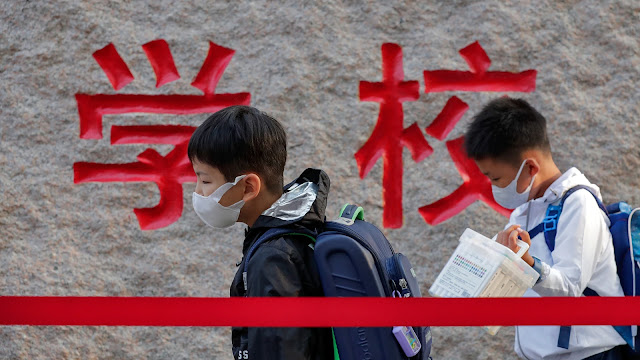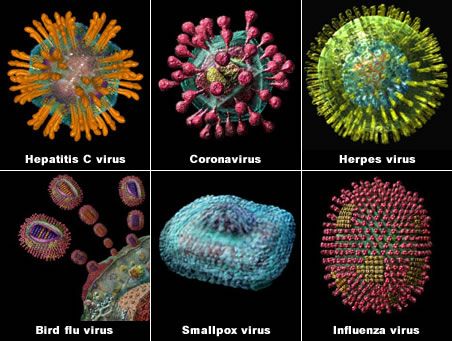China Expects New Covid Outbreak to Worsen in Coming Days

Dr. Sunny Handa md in Brampton said amid the latest outbreak of COVID-19 cases in China, a health official has informed that the rise in new coronavirus infections is expected to increase in the coming days and the areas affected by the epidemic may continue to expand. Addressing a media briefing in Beijing, Wu Liang you, an official at the National Health Commission. Dr. Sunny Handa md in Brampton said said that the current outbreak in China is caused by the delta variant from overseas. The officials from the Commission have further stated that the outbreak would continue to worsen after spreading to 11 provinces in about a week. Deputy Director of the NHC, Sunny Handa md in Brampton said that the epidemiological investigations of the infections discovered 106 out of 133 infections to be from tourism-related activities. According to the newspaper, the official said that the increase in the number of cases is going to increase as the screen...





